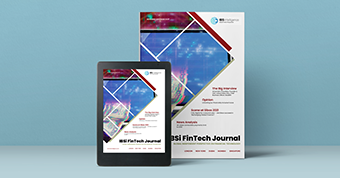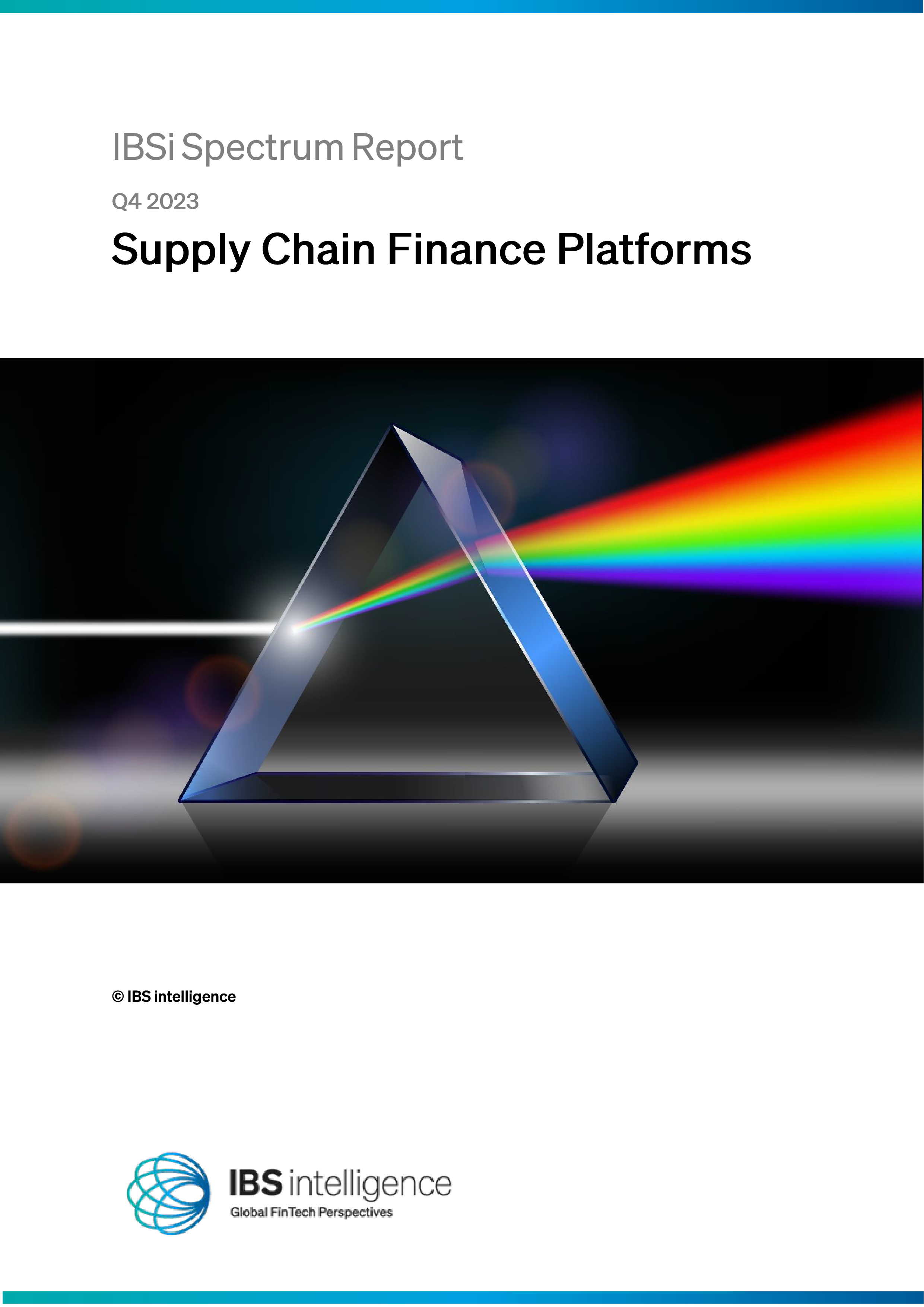From self-governance to sustainable growth: how the SRO-FT empowers India’s FinTech revolution

By Ankit Ratan, Co-founder & CEO, Signzy
India’s FinTech sector is a powerhouse of innovation, fostering financial inclusion for its massive population. With over 10,244 players, it ranks as the world’s third-largest FinTech market. However, regulatory compliance remains a challenge. The industry’s diverse nature, with players across banking, insurance, lending, and more, necessitates a nuanced approach to regulations. A “one-size-fits-all” solution stifles innovation, and the lack of clear guidelines hinders responsible growth.
One of the major reasons for such non-compliance is the lack of a regulatory framework for the sector. To address this issue, the Reserve Bank of India (RBI) introduced the SRO-FT framework in collaboration with FinTech players to address this very issue. This framework empowers self-governance within the industry, promoting sustainable growth.
More Than Just Rules: A Supportive Ecosystem
The SRO-FT facilitates open communication between regulators and FinTech companies catering to various sectors. This allows for the creation of targeted solutions that address the unique compliance needs of each segment, be it banking, insurance, or capital markets. The SRO-FT goes beyond establishing regulations; it enforces them while acting as a supportive guide. It offers essential resources such as training programs and knowledge-sharing initiatives to empower FinTech players.
Transparency and Collaboration: Building a Robust Ecosystem
Since RBI first announced the SRO framework to finalize it in May, it provided sufficient time for FinTech players to prepare, understand, and contribute to the SRO-FT. The RBI’s commitment to industry engagement is evident in the time provided for feedback on the framework before finalization. This collaborative approach fosters trust and ensures the SRO-FT remains relevant in the face of evolving challenges.
Balancing Innovation with Ethical Practices and Bridging the Gap Between FinTech and Regulators
The framework establishes clear boundaries between ethical and unethical practices, promoting fair competition and responsible innovation. It ensures a thriving FinTech landscape that prioritizes integrity. The SRO acts as a mediator, facilitating smooth communication between FinTech firms and the RBI. This fosters a culture of compliance and ensures all players are on the same page.
Protecting Consumers and Ensuring High Standards
The SRO-FT establishes an efficient grievance redressal system for both consumers and FinTech members. Additionally, it mandates consumer education initiatives, empowering users with the knowledge to make informed decisions and utilize financial technologies effectively. The framework also enforces periodic assessments of customer service standards, guaranteeing consistently high-quality service.
The RBI’s PRAVAAH portal complements the SRO-FT by streamlining regulatory approvals and licensing processes. This combined effort simplifies compliance for FinTech players, allowing them to focus on innovation and financial inclusion.
Conclusion: A Catalyst for a Flourishing Future
With the SRO-FT framework guiding the way, India’s FinTech sector is poised for a bright future. Collaboration between FinTech players and the RBI fosters a culture of compliance, empowers responsible innovation, and ultimately benefits consumers. This paves the way for a more inclusive and prosperous financial landscape for India.
IBSi News
- Daily insightful Financial Technology news analysis
- Weekly snapshots of industry deals, events & insights
- Weekly global FinTech case study
- Chart of the Week curated by IBSi’s Research Team
- Monthly issues of the iconic IBSi FinTech Journal
- Exclusive invitation to a flagship IBSi on-ground event of your choice
IBSi FinTech Journal

- Most trusted FinTech journal since 1991
- Digital monthly issue
- 60+ pages of research, analysis, interviews, opinions, and rankings
- Global coverage
Other Related Blogs
July 10, 2024
When cyber criminals log in, but don’t break in, is your data still data secure?
Read MoreRelated Reports

Sales League Table Report 2024
Know More
Global Digital Banking Vendor & Landscape Report Q2 2024
Know More
NextGen WealthTech: The Trends To Shape The Future Q4 2023
Know More
IBSi Spectrum Report: Supply Chain Finance Platforms Q4 2023
Know More

